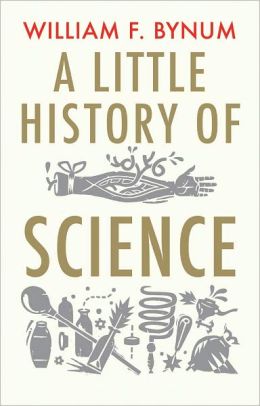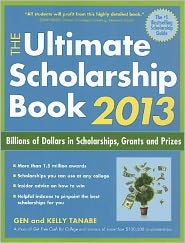Come and Discuss “Life of Pi” by Janice Clauser
At the
Crawfordsville Library, the book club called “Never Judge a Book by its Movie”
will discuss “Life of Pi” by Yann Martel next Thursday at 6:30 p.m. You are
welcome to attend, and may pick up a book copy at the circulation desk and/or
see the movie on your own beforehand.
Here
are a few “how to” and “how it was” books at the Crawfordsville Library that
seem unique. “Accidental Pharisees” by Larry Osborne shows how to avoid pride,
exclusivity, and the other dangers of overzealous faith. “The Rules of
Influence” by William Crano (called “one of the best books on social psychology
ever written”) teaches about winning when you’re in the minority.
“Friendkeeping” by Julie Klam is a field guide to the people you love, hate,
and can’t live without. “Quiet” is Susan Cain’s take on the power of introverts
in a world that can’t stop talking.
Karen
Webb offers “Principles of the Enneagram,” the narrative method of reporting
our self-observations to others, a discovery that strengthens us spiritually as
we make progress expressing our observations. “Habits animate and limit
different types of people.”
There are two nonfiction story books. In “A Little History of Science” author William Bynum says it’s a great adventure story. It traces the march of science through the centuries. It charts the evolution of chemistry’s periodic table. It recounts the scientific quest that revealed the DNA molecule. It tells personal stories of scientists famous and unsung. “The Story of ‘Ain’t’” by David Skinner discusses America’s language, and the most controversial dictionary ever published.
There’s “The Spine of the Continent” in which Mary Hannibal writes about the
most ambitious wildlife conservation project ever undertaken. “The Great
Railroad Revolution” is the history of trains in America compiled by Christian
Wolmar; it mentions the Indiana Central Railroad and the Indianapolis,
Crawfordsville & Western Railroad although it is really a general look at
the era of building and popularizing this transportation. “Walkable City” by
Jeff Speck educates us about how downtown can save America, one step at a time.
Kurt Vonnegut’s “Letters” mostly never published before, have that uncanny
wisdom that has endeared the author to his readers worldwide. He observes
science, art, and commerce with his open-hearted humanism. In “Mao: The Real
Story” Alexander Pantsov uses previously unavailable Russian documents to
reveal new details about his rise to power and his leadership in China. “Former
People” is Douglas Smith’s title as he surveys the final days of the Russian
aristocracy.
Fodor’s 2013 “travel intelligence” guide “Arizona & the Grand Canyon” is
now on the new shelf.
You
can find billions of dollars in scholarships, grants and prizes in the large
paperback called “The Ultimate Scholarship Book 2013” by Gen Tanabe. Zola &
Norman Schneider’s “Campus Visits & College Interviews” and Sarah McGinty’s
“The College Application Essay” come from the College Board, New York.
One book deserves special attention because of its treatment of Samuel
Coleridge’s “Rime of the Ancient Mariner;” it’s also a wise lecture on our
present day environmental crises. “The Rime of the Modern Mariner” by Nick
Hayes is a work of art that’s fun to read, a treat for the eyes, and a display
of woodcut variety and beauty.






0 Comments:
Post a Comment
Subscribe to Post Comments [Atom]
<< Home